We are excited that after a time of hard work our small but dedicated team can announce the official publishing of the EMCSR 2014 Book of Abstracts. And with this good news we invite you to part 2 of our “Behind the Scenes Series” on Sustainability and Development, to learn more about the speakers and participants you will meet at EMCSR 2014 in this area. You can find the coverage of Part 1 of this topic here .
Speaker profiles include interesting background information, as well as answers to questions we asked them about their fields of research. This is a great opportunity for everyone to learn more about the people and topics presented at our Meetings on Cybernetics and Systems Research from their individual standpoints.
We hope you are enjoying our blogpost series!
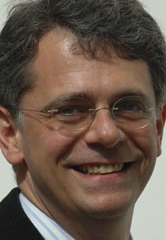 Andre Martinuzzi is head of the Institute for Managing Sustainability and associate professor at the Vienna University of Economics and Business (www.wu.ac.at/sustainability). He has a doctoral degree in general management and a postdoctoral lecture qualification (venia docendi) in Environmental Management and Sustainable Development Policy. His main areas of research are corporate social responsiblity, sustainable development policies, evaluation research, and systems thinking. He coordinates the development of a toolbox for assessing multinational corporations’ impacts on developing countries.
Andre Martinuzzi is head of the Institute for Managing Sustainability and associate professor at the Vienna University of Economics and Business (www.wu.ac.at/sustainability). He has a doctoral degree in general management and a postdoctoral lecture qualification (venia docendi) in Environmental Management and Sustainable Development Policy. His main areas of research are corporate social responsiblity, sustainable development policies, evaluation research, and systems thinking. He coordinates the development of a toolbox for assessing multinational corporations’ impacts on developing countries.
Andre is the chair of the “Sustainability & Development” theme, and in his own words: “The EMCSR will contribute to link back the discussion on sustainable development to a systems thinking approach, where the whole debate started in the mid 1980ies. This view got lost for nearly three decades and would deserve a relaunch, as it can explain why our best efforts to improve things still did not change the most pressing unsustainable trends.”
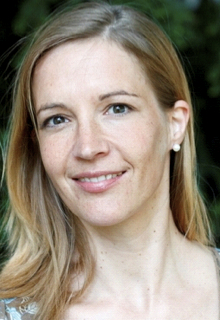 Marianne Penker is deputy head of the Doctoral School Sustainable Development and the Institute for Sustainable Economic Development, where she heads the Working Group Regional Development. She is an experienced leader and collaborator in national and international research projects and has published on the governance of food systems and socio-ecological systems, processes of rural transformation and transdisciplinary research.
Marianne Penker is deputy head of the Doctoral School Sustainable Development and the Institute for Sustainable Economic Development, where she heads the Working Group Regional Development. She is an experienced leader and collaborator in national and international research projects and has published on the governance of food systems and socio-ecological systems, processes of rural transformation and transdisciplinary research.
At EMCSR, Marianne will present on…”Systems knowledge and beyond – contributions of research to sustainable development.” In her own words: “Different academic disciplines, but also experts in business, governmental or non-governmental organizations hold much disperse knowledge. We can better address the big challenges of our time – such as demographic change, climate change, food security and food sovereignty, social polarization, secure and sustainable energy supply – if we integrate this knowledge, identify knowledge gaps and discuss contradictory knowledge. System science provides a very helpful theoretical and methodological basis for cross-disciplinary knowledge integration and learning processes”.
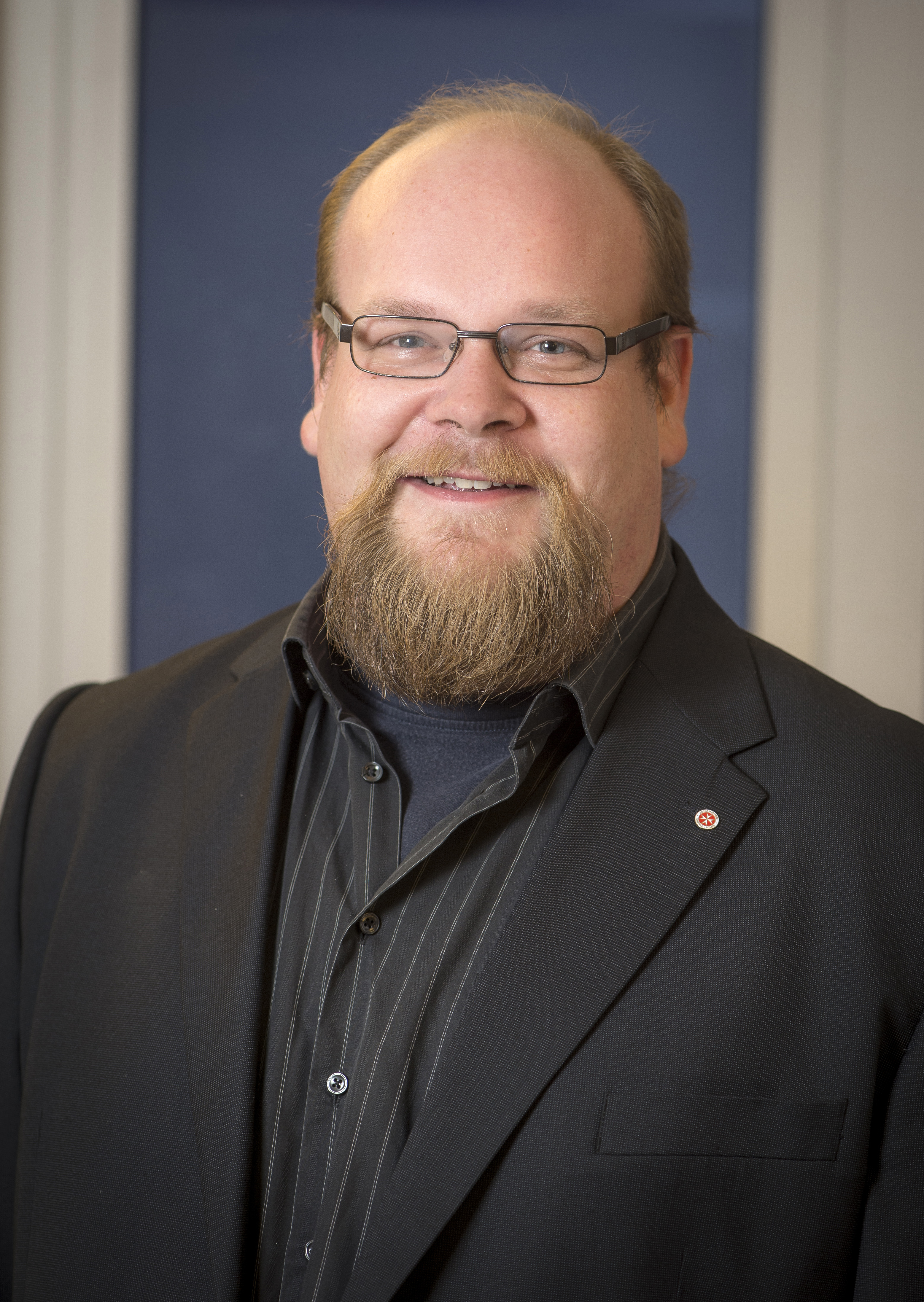 Georg Aumayr studied Communication at the University of Vienna. He wrote his master thesis from a perspective of social systems. He is working at the Johanniter as Head of Research and Innovation. He is member in several task groups for eHealth, disaster relief and Ambient Assisted Living. Also he is working in national and international projects concerning these research topics. Georg is also writing his PhD on Compliance of actors in the health system.
Georg Aumayr studied Communication at the University of Vienna. He wrote his master thesis from a perspective of social systems. He is working at the Johanniter as Head of Research and Innovation. He is member in several task groups for eHealth, disaster relief and Ambient Assisted Living. Also he is working in national and international projects concerning these research topics. Georg is also writing his PhD on Compliance of actors in the health system.
Georg is one of the “Disasters: prevention, preparation and response” symposium chairs, and here’s what he has to say about this topic: “Disaster relief can be a measurement for the reliability of theories because in extreme situation, we are reduced to basic stimulus response actions and are at the foundation of social interaction. There is no room for failure and for fancy theories within this topic. If a theory works, it has a direct impact for planning and can save lives. If a theory is not practicable, it will be dropped instantly. It is a very clear line for researchers to follow. Every good reasoned theory can have a real life impact. This makes this topic just fascinating. People coming to this session will hopefully gain an insight into different perspectives – from scientists, practitioners and governments.”
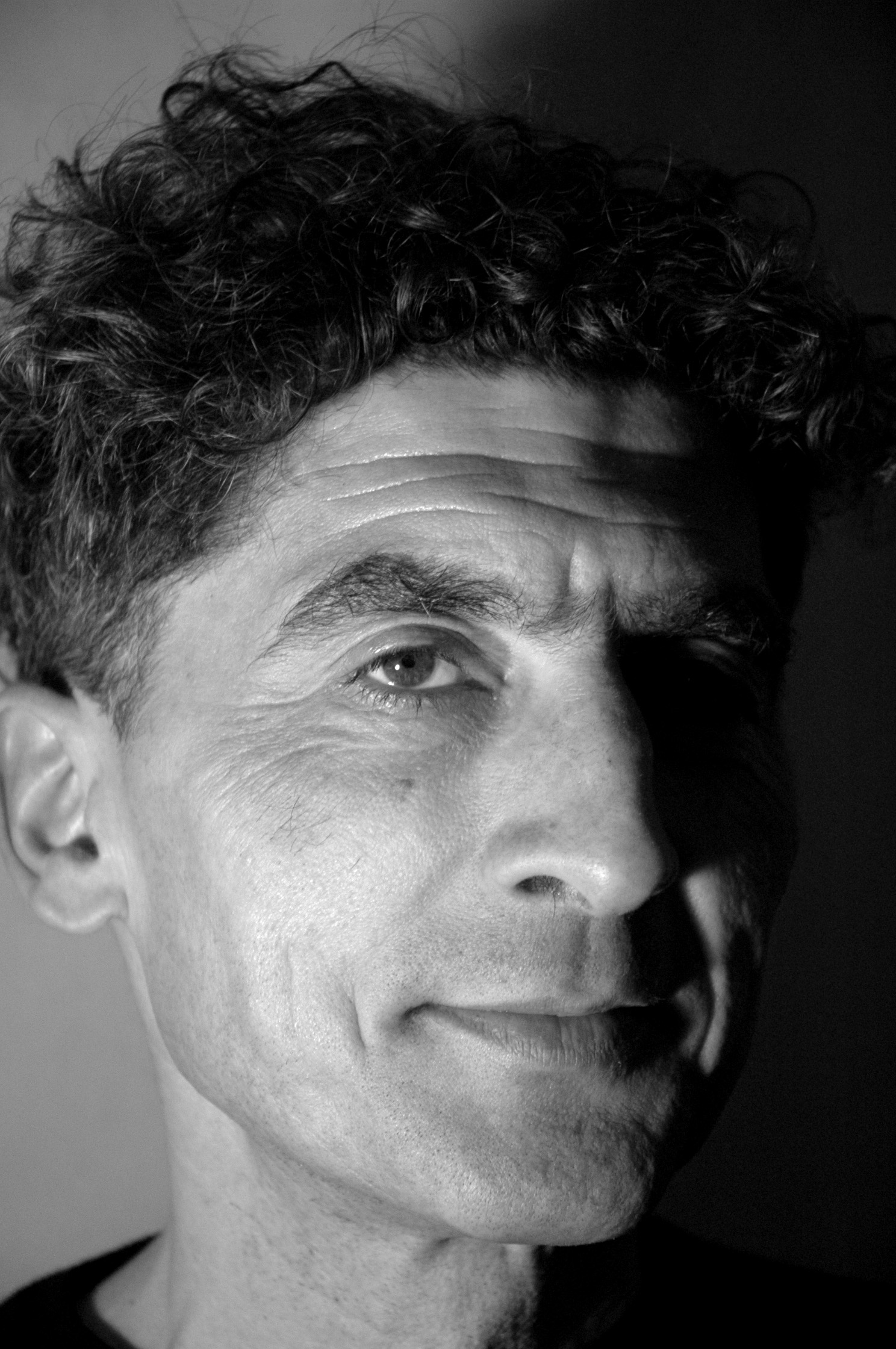 Dino Karabeg began his career as a researcher in environmental system modeling at the Ruđer Bošković Institute, Zagreb. Following a doctorate in algorithm theory at the University of California at San Diego and several university appointments in the USA and France, in 1992 he accepted an Associate Professorship at the University of Oslo Informatics Department and moved to Norway. Soon after that, his interest shifted to systemic innovation in knowledge work, as he grew convinced that knowledge work can and should be developed on different premises — not as an attempt to objectively depict reality, but as it might help people and society orient themselves in a complex reality. From that point on he worked to develop various building blocks for a new – purposeful, and self-organizing – approach to knowledge.
Dino Karabeg began his career as a researcher in environmental system modeling at the Ruđer Bošković Institute, Zagreb. Following a doctorate in algorithm theory at the University of California at San Diego and several university appointments in the USA and France, in 1992 he accepted an Associate Professorship at the University of Oslo Informatics Department and moved to Norway. Soon after that, his interest shifted to systemic innovation in knowledge work, as he grew convinced that knowledge work can and should be developed on different premises — not as an attempt to objectively depict reality, but as it might help people and society orient themselves in a complex reality. From that point on he worked to develop various building blocks for a new – purposeful, and self-organizing – approach to knowledge.
At EMCSR, Dino and Alexander Laszlo chair the symposium on “Impacts for Sustainability: epistemology and research activism.” Here’s what Dino has to say about this topic: “Of all those various ‘moves’ that are now possible in the increasingly fascinating ‘game’ I’ve just mentioned, the Impacts for Sustainability: epistemology and research activism is my favorite these days. I have attempted to give a precise explanation why, in a document called Thrivability Strategy I: Vision. There are multiple exciting potential outcomes, and lines of impact. Perhaps the main one is the prospect of developing a state-of-the-art approach to real-world systemic evolution, and hence to sustainability or thrivability, by combining systems science with knowledge media (ICT) research and development.”
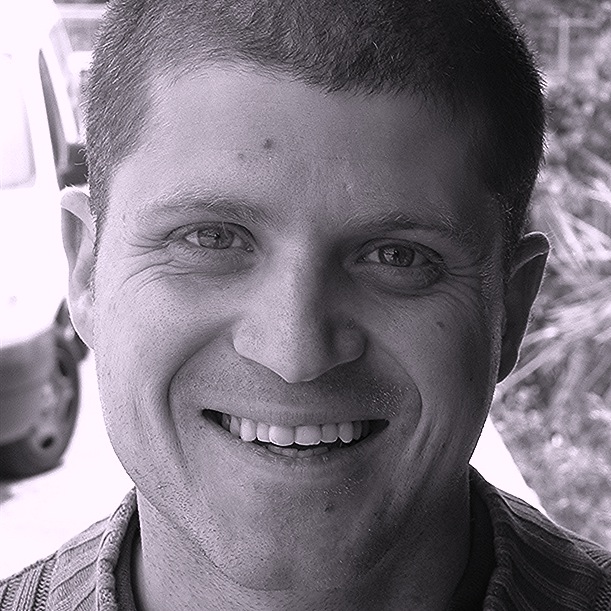 Ofer Zalzberg is a Senior Analyst with the International Crisis Group‘s Middle East and North Africa Program. For over a decade he has been working as a researcher, policy consultant and group facilitator. Zalzberg is a co-designer of the Kumi Method for group facilitation in conflict situations, a method combining integrative conflict analysis, identity-based conflict resolution tools and participatory strategic planning. He previously worked as an Associate Researcher at the University of Duisburg-Essen’s Institute for Development and Peace (INEF) and at the Israeli think tank the Van Leer Jerusalem Institute. He has an MA in International History from the London School of Economics and Political Science (LSE).
Ofer Zalzberg is a Senior Analyst with the International Crisis Group‘s Middle East and North Africa Program. For over a decade he has been working as a researcher, policy consultant and group facilitator. Zalzberg is a co-designer of the Kumi Method for group facilitation in conflict situations, a method combining integrative conflict analysis, identity-based conflict resolution tools and participatory strategic planning. He previously worked as an Associate Researcher at the University of Duisburg-Essen’s Institute for Development and Peace (INEF) and at the Israeli think tank the Van Leer Jerusalem Institute. He has an MA in International History from the London School of Economics and Political Science (LSE).
At EMCSR Ofer is presenting “Shifting the dominant peace and security paradigm of the Israel/Palestine conflict” showcase and in his own words: “A remarkable part of the failures to date of diplomats and civil society to transform the Israeli-Palestinian conflict are a result of using a flawed paradigm which excessively focuses on tangible resources and overly relies on a misconstrued international architecture. New ways to analyse and address contextual barriers to the resolution of ethno-national conflicts are the tremendous challenge those wanting to advance the resolution of such conflicts must confront.”
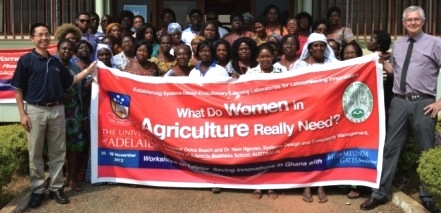 The Evolutionary Learning Laboratory will be a demonstration by Ockie Bosch, Nam Nguyen and Kailash Krishnamurthi. They will present the success story and the future opportunities of the ELLabs with vibrant projects in South East Asia and Sub-Saharan Africa.
The Evolutionary Learning Laboratory will be a demonstration by Ockie Bosch, Nam Nguyen and Kailash Krishnamurthi. They will present the success story and the future opportunities of the ELLabs with vibrant projects in South East Asia and Sub-Saharan Africa.
The ELLab is a process, as well as a setting, in which a diverse group of participants engage in a cyclical process of thinking, planning, action and reflection for collective learning towards a common good.
Its key elements are that the stakeholders of a problem tackle real tasks and issues, learn with and from one another about the issues, take responsibility and support one another in their decision making, and actually implement the solutions and plans after much reflection. Drawing on this idea, the ELLabs consist of a unique seven step iterative process of thinking and acting in which the participants engage in well-defined activities, creating a systemic framework and environment where policy makers, managers, local facilitators, members of the community and researchers collaborate and learn together in an ‘experiential laboratory’ – to understand and address complex multidimensional and multi-stakeholder problems of common interest in a systemic way. The ultimate goal is to achieve coherent actions directed towards sustainable outcomes.



